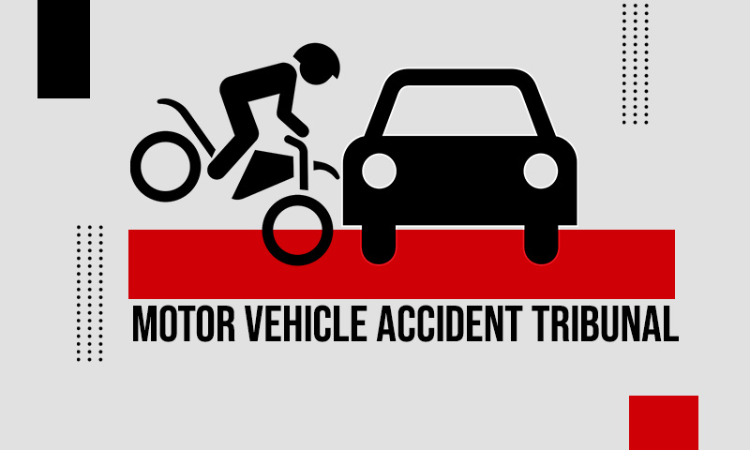Motor Accident Claim| 'Future Prospects' Ought To Be Allowed For Those With Notional Income: Bombay High Court
Prateek Chakraverty
20 Jan 2022 7:22 PM IST

Next Story
20 Jan 2022 7:22 PM IST
The Bombay High Court partly allowed an order of the Motor Accident Claims Tribunal, Mumbai, in an appeal against the compensation awarded to kin of a deceased of a motor accident. The Court ruled that lack of evidence supporting the income of the deceased does not justify ascertaining notional income at the minimum tier of wage in determining compensation. Background Applicants,...
